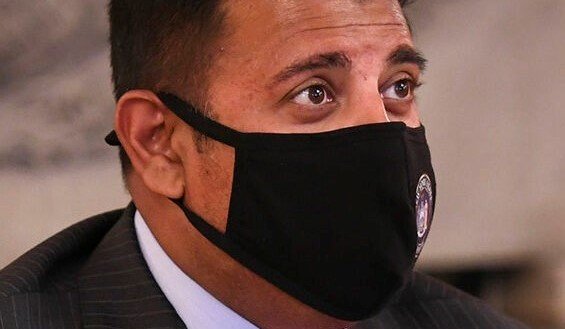
American Law Institute Elects 59 New Members, Including 3 Indian Americans
Indian American attorney Roopali Hardin Desai is one of three new members elected to the American Law Institute. (cblawyers.com photo)
The American Law Institute Dec. 20 elected new members who will bring their expertise to ALI’s work of clarifying the law through Restatements, Principles, and Model Codes.
“This challenging year reminded us that ALI’s mission to protect the administration of justice and the rule of law is an ongoing one,” said ALI president David F. Levi in an ALI press release. “I am proud to be a part of an organization that brings together people to discuss challenging topics in a courteous, informed, collegial, and productive way in an effort to find rules and solutions that work for everyone.”
The American Law Institute is an independent organization in the United States producing scholarly work to clarify, modernize, and improve the law. The ALI drafts, discusses, revises, and publishes Restatements of the Law, Model Codes, and Principles of Law that are influential in the courts and legislatures, as well as in legal scholarship and education, noted the release.
By participating in the Institute’s work, its members have the opportunity to influence the development of the law in both existing and emerging areas, to work with other eminent lawyers, judges, and academics, to give back to a profession to which they are deeply dedicated, and to contribute to the public good.
Following are the newest Indian American members of the ALI:
*Roopali Hardin Desai, Phoenix, Arizona; with Coppersmith Brockelman PLC
Desai is a partner in Coppersmith Brockelman’s litigation group, focusing her practice in the areas of complex civil litigation, political law, and civil appeals.
*Prof. Anil Kalhan, Philadelphia, PA; Drexel University, Thomas R. Kline School of Law
Kalhan is a professor of law at Drexel University Thomas R. Kline School of Law. Kalhan’s scholarly and teaching interests lie in the areas of immigration law, privacy and surveillance, U.S. and comparative constitutional law, and international human rights law.
*Prof. Shoba Sivaprasad Wadhia, University Park, PA; Penn State Law School
Wadhia is Associate Dean for Diversity, Equity, and Inclusion; the Samuel Weiss Faculty Scholar; and Clinical Professor of Law at Penn State Law in University Park. Her research focuses on the role of prosecutorial discretion in immigration law and the intersections of race, national security, and immigration.




